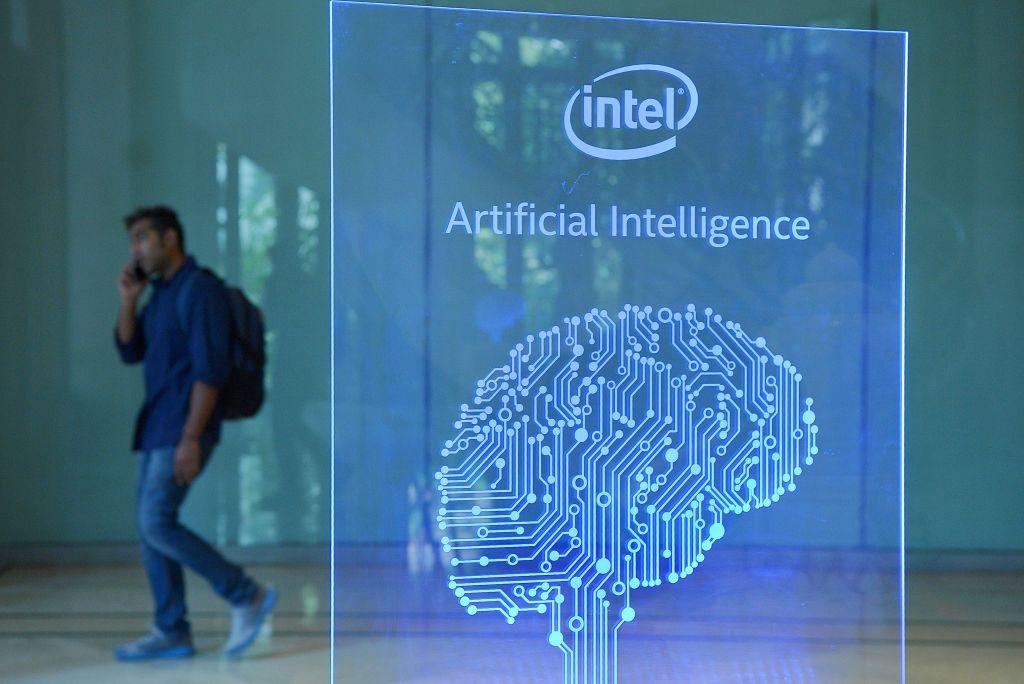News Analysis
Many national lawmakers have little real understanding of the laws they are passing, nor any real appreciation of their implications on individuals, businesses, or societies at large.

Many national lawmakers have little real understanding of the laws they are passing, nor any real appreciation of their implications on individuals, businesses, or societies at large.